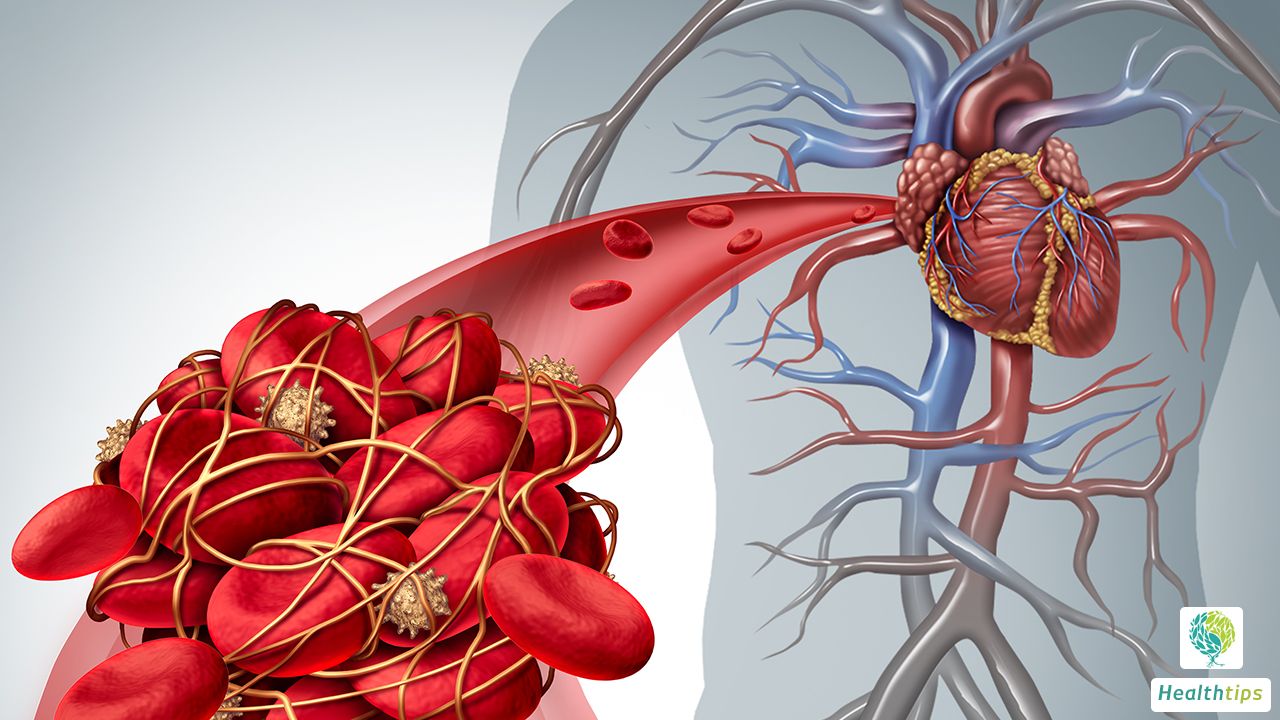Patients with uremia can eat pineapples, but it is not recommended to overeat them. Pineapples contain a lot of water, and overeating may increase the burden on the kidneys. Patients with uremia should mainly follow a low-protein diet. Pineapples contain vitamin C, rich trace elements, and minerals, which can supplement the nutrients needed by the body.

1. Vitamin C: Patients with uremia are prone to vitamin C deficiency, so they can eat pineapples appropriately. However, don't eat too many pineapples because they contain a certain amount of malic acid, which may stimulate the gastric mucosa and cause gastrointestinal discomfort.
2. Potassium: Patients with uremia are prone to hyperkalemia. Although pineapples contain relatively low potassium, they still contain a certain amount of potassium. Therefore, it is not recommended for patients with uremia to eat too many pineapples. If a patient has hyperkalemia, while using diuretics, they should limit their potassium intake, so it is not recommended to eat pineapples.
3. Carbohydrates: Patients with uremia are prone to carbohydrate metabolism disorders, so they should control their carbohydrate intake. However, pineapples contain a small amount of carbohydrates, so they can eat pineapples appropriately.
4. Phosphorus: Patients with uremia are prone to phosphorus metabolism disorders, leading to hypophosphatemia. Pineapples contain a certain amount of phosphorus, so they can eat pineapples appropriately.
In addition to pineapples, patients with uremia can also eat grapes, apples, bananas, pears, watermelons, etc. However, no matter which kind of fruit is eaten, it is necessary to pay attention to the appropriate amount to avoid overloading the kidneys with a large intake of fruit in a short time. In addition to paying attention to diet, patients with uremia should also rest, avoid fatigue, infection, colds, and undergo regular treatment.

